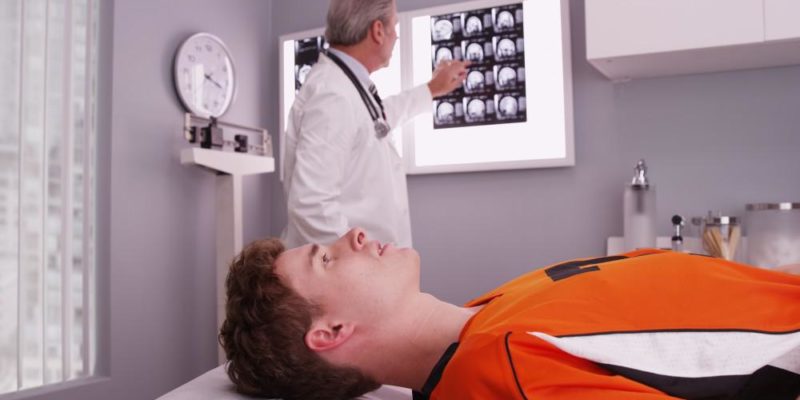If you have seizures or are the parent of a child who has seizures, then…

Signs of a Severe Traumatic Brain Injury
If you’re worried that you have a traumatic brain injury, you’re right to be concerned. About 23% of all reported traumatic brain injuries are fatal. So, to be safe, you’ll want to look out for some symptoms and seek treatment as soon as you can.
At the Neurology Center for Epilepsy and Seizures, we’re here to cover all of your neurological healthcare needs. We’ve compiled this helpful guide to the signs and symptoms of a traumatic brain injury that you’ll want to look out for.
What is a traumatic brain injury?
A traumatic brain injury happens when there’s a disruption in your brain’s normal functioning that’s caused by a blow, bump, or jolt to your head. This can happen when your head suddenly and violently hits an object or becomes pierced by an object that enters your brain tissue.
What are the symptoms of a traumatic brain injury?
Depending on the condition’s severity, a traumatic brain injury can cause any of the following symptoms, including:
- Lethargy
- Headache
- Confusion
- Cognitive difficulties
- Trouble hearing and ringing in your ears
- Body numbness and tingling
- Trouble swallowing
- Dizziness and balance coordination problems
- Paralysis
- Loss of bladder or bowel control
- Speech difficulties, including slurred speech and the difficulty to understand or articulate words
- Droopy eyelid and facial weakness
- Vomiting
- Dilated pupils
- Loss of consciousness
- Slow pulse
- Loss of bladder or bowel control
- Coma
- Slow pulse
- Slow breathing or breathing problems
- Inappropriate or overblown emotional responses
Because a traumatic brain injury can cause brain damage and even prove fatal, you’ll want to get it checked out and receive treatment soon.
How we treat your traumatic brain injury
If your traumatic brain injury is mild, you can usually recover with some time and rest. You’ll want to limit your physical and mental activities as well so you can recover. We can monitor your symptoms to make sure that your brain injury isn’t worse.
However, if your injury is severe or moderate, you will need to be hospitalized to identify and control any potential bleeding, swelling, or emergency requiring surgical intervention. Another reason for hospitalization and emergency care is that a traumatic brain injury can result in delayed symptoms.
Because a traumatic brain injury can result in severe physical and neurological symptoms, you’ll want to get checked as soon as you suspect you have one. To learn more about medication management and schedule an appointment, call our office or book online today.



